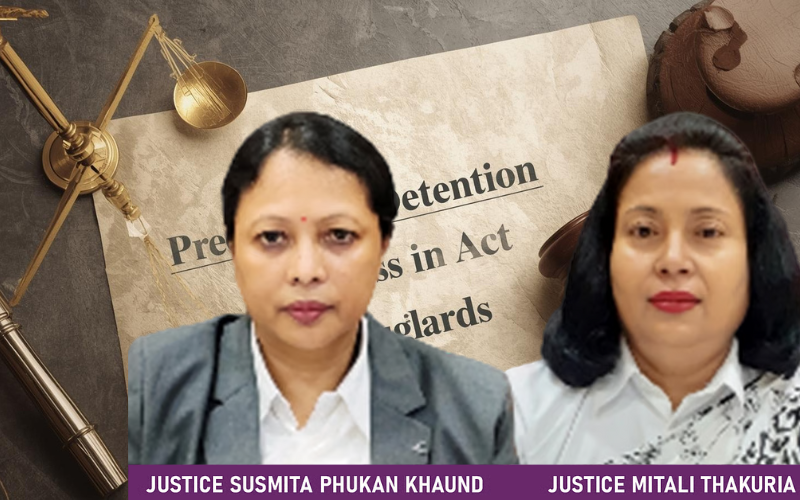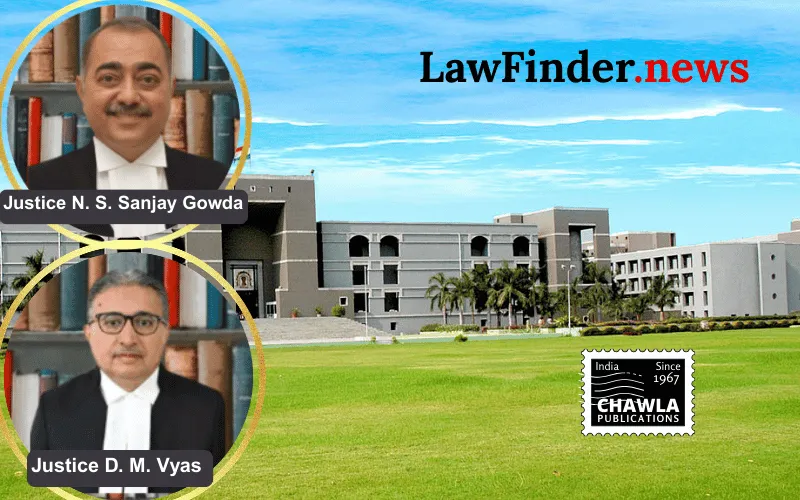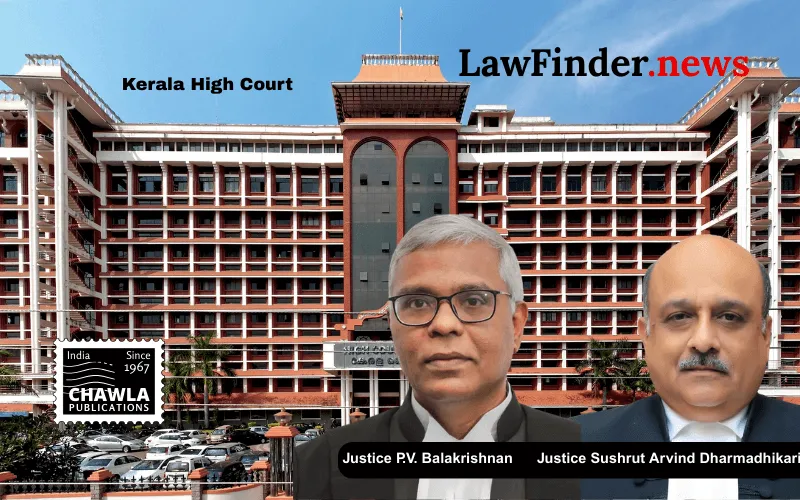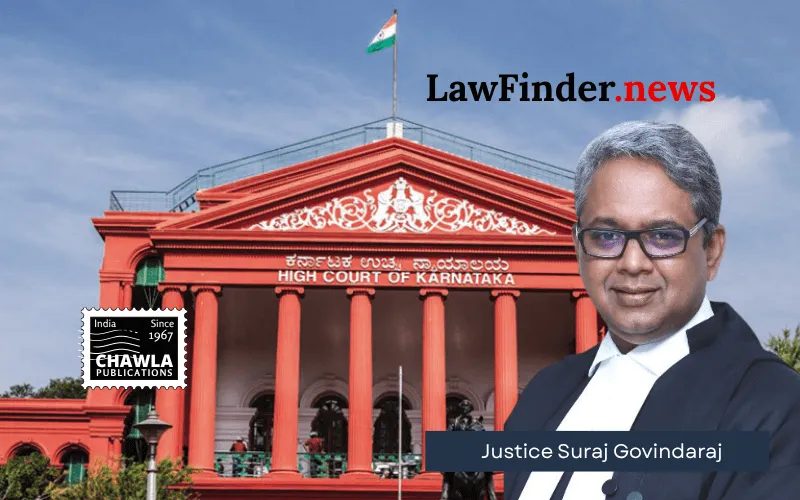Exploring Constitutional Violations and Judicial Oversight in Preventive Detention Orders
The case is a significant judicial examination of preventive detention laws in India, particularly under the Prevention of Illicit Traffic in Narcotic Drugs and Psychotropic Substances Act, 1988 (PITNDPS Act). The Gauhati High Court's decision underscores the necessity for strict adherence to constitutional safeguards when issuing detention orders, and highlights how lapses in procedural requirements can lead to the invalidation of such orders.
Understanding Preventive Detention under the PITNDPS Act
Preventive detention is a mechanism used by the state to detain individuals who are perceived as threats to public order and safety, even before any criminal activity has occurred. Under Section 3 of the PITNDPS Act, authorities have the power to detain individuals suspected of engaging in illicit drug trafficking. However, this power is not unfettered and must comply with procedural and constitutional safeguards, particularly Article 22(5) of the Constitution, which mandates that detained individuals must be informed of the grounds of their detention in a language they understand.
Key Issues and Judicial Findings
1. Language Barrier in Communication of Detention Grounds: A pivotal issue in this case was the failure to communicate the grounds of detention in a language understood by the detenue, Smti. Esther Zhoh. The Gauhati High Court emphasized that mere oral explanations in a familiar language do not satisfy the constitutional requirement of Article 22(5). The court reiterated that detainees must receive written grounds in a language they comprehend, failing which the detention order stands invalidated.
2. Likelihood of Release on Bail: The judgment highlighted the omission by the detaining authority to consider the detenue's likelihood of being released on bail, a critical factor that must be assessed before issuing preventive detention orders. The absence of such consideration in the detention order was deemed unlawful, aligning with precedents set by the Supreme Court, notably in the Huidrom Konungjao Singh case.
3. Procedural Delay and Communication to Central Government: The court examined whether there was undue delay in reporting the detention order to the Central Government, as mandated by Section 3(2) of the PITNDPS Act. While the state government was found compliant, the issue underscores the importance of timely communication in upholding procedural integrity.
Implications and Judicial Oversight
The judgment in Smti. Esther Zhoh v. State of Nagaland serves as a reminder of the judiciary's role in safeguarding individual rights against arbitrary state action. It reinforces the principle that preventive detention, a tool with significant implications for personal liberty, must be exercised with utmost caution and fidelity to constitutional norms.
The case also reflects the judiciary's willingness to uphold procedural justice, ensuring that detention orders are not only substantively justified but also procedurally sound. The decision advocates for a more rigorous application of mind by detaining authorities, stressing the need for detailed reasoning and awareness of the detenue's legal situation, including custody status and bail prospects.
Conclusion
This judgment is a critical commentary on the intersection of preventive detention laws and constitutional rights in India. It underscores the importance of procedural rigor and clear communication in detention processes, advocating for the protection of individual liberties against potential misuse of preventive detention powers. As legal practitioners and policymakers navigate the complexities of preventive detention, this case serves as a guiding precedent for ensuring that legal processes respect and uphold the fundamental rights enshrined in the Constitution.
Smti. Esther Zhoh v. State of Nagaland, (Gauhati): Law Finder Doc id # 2761467




